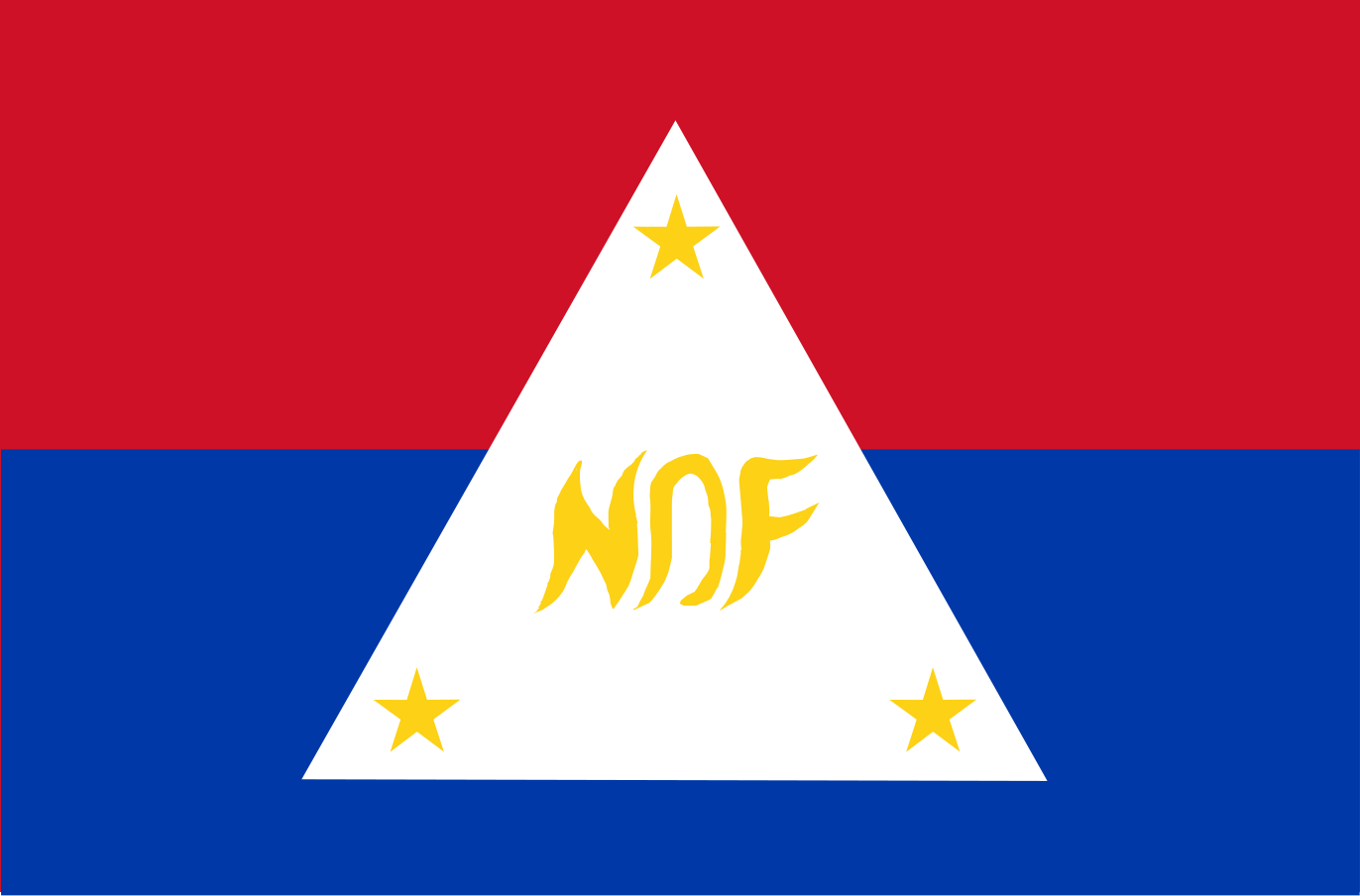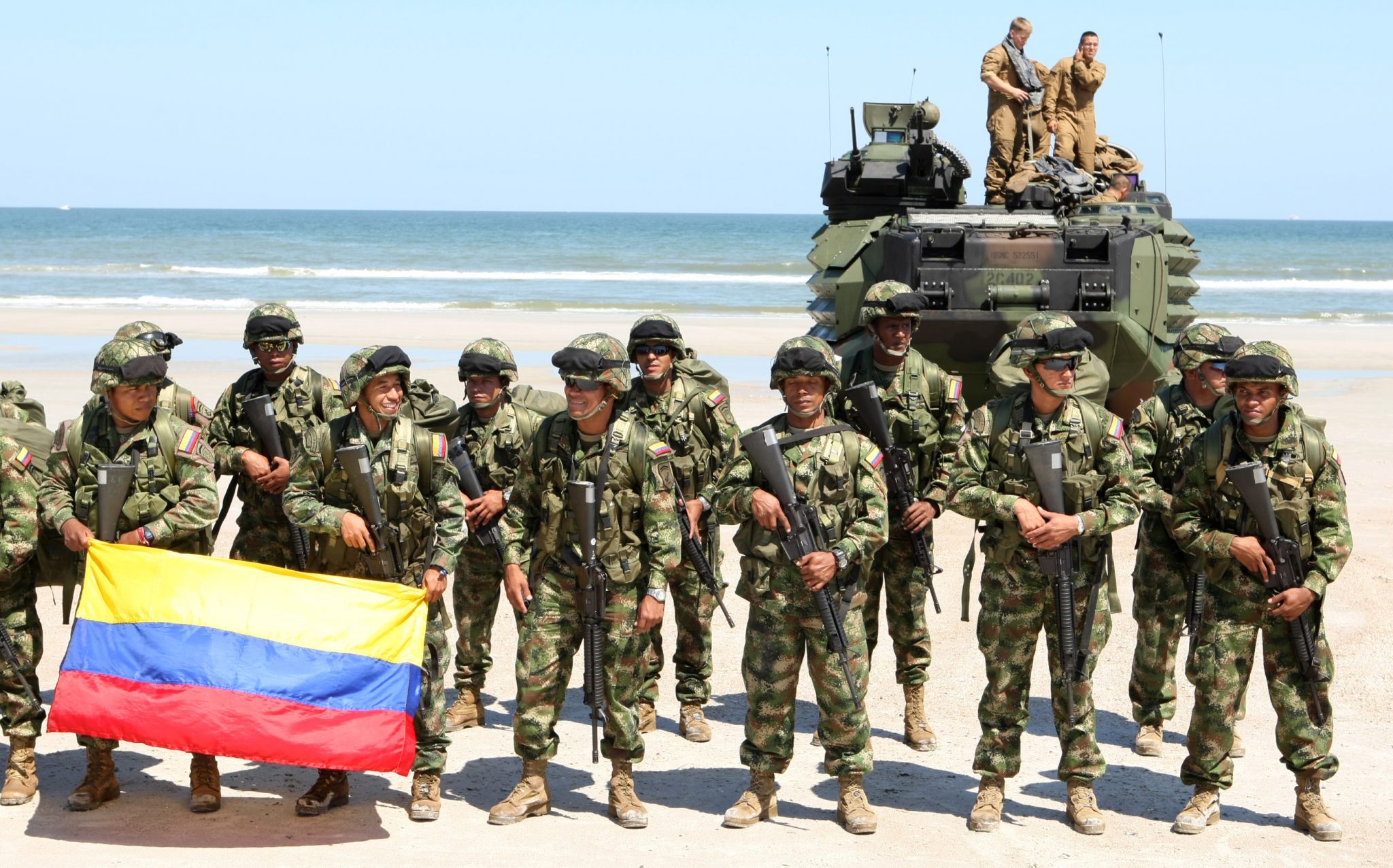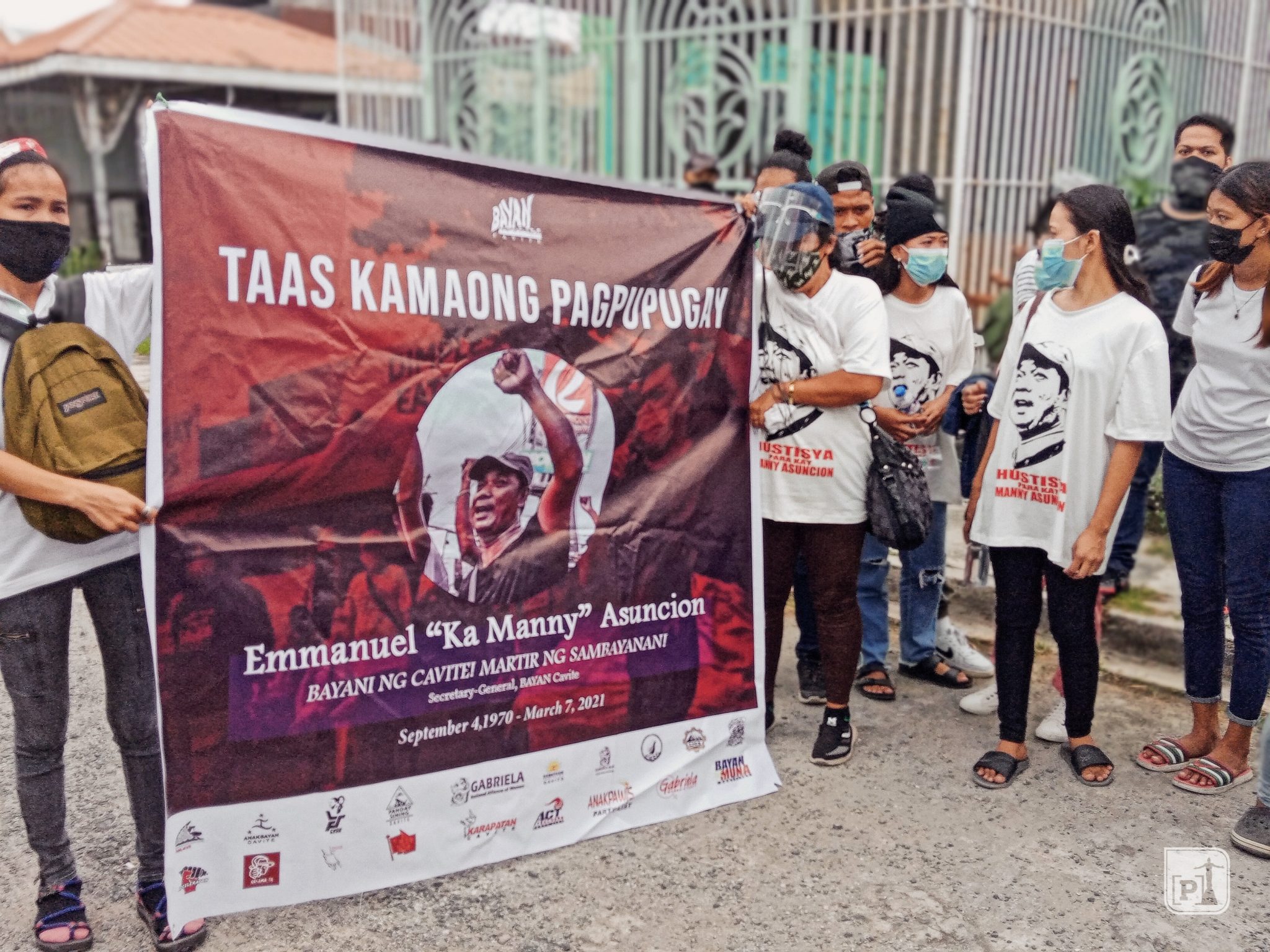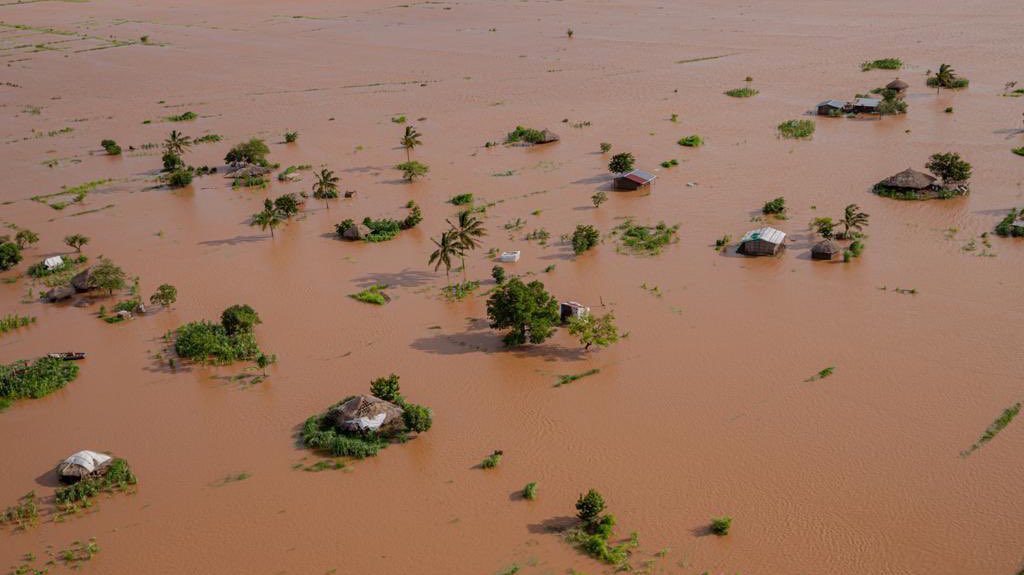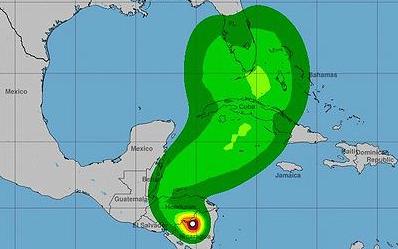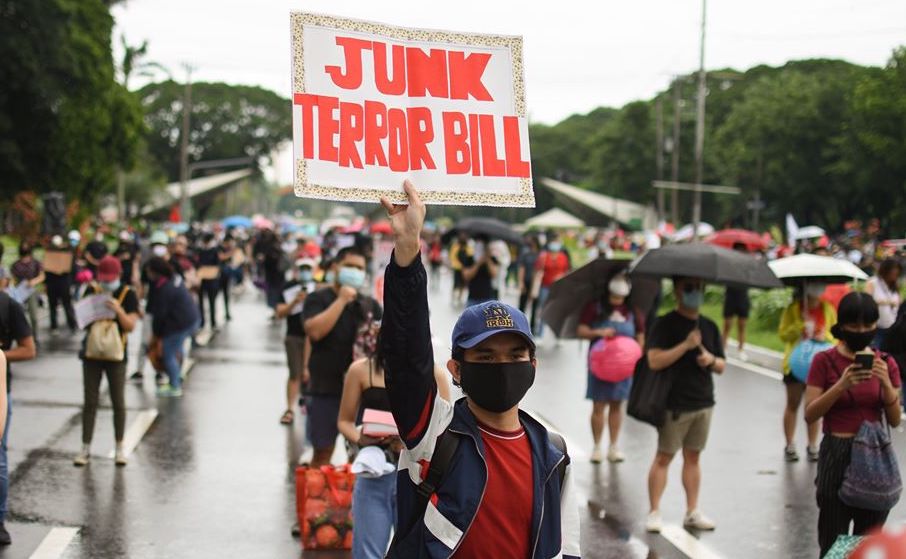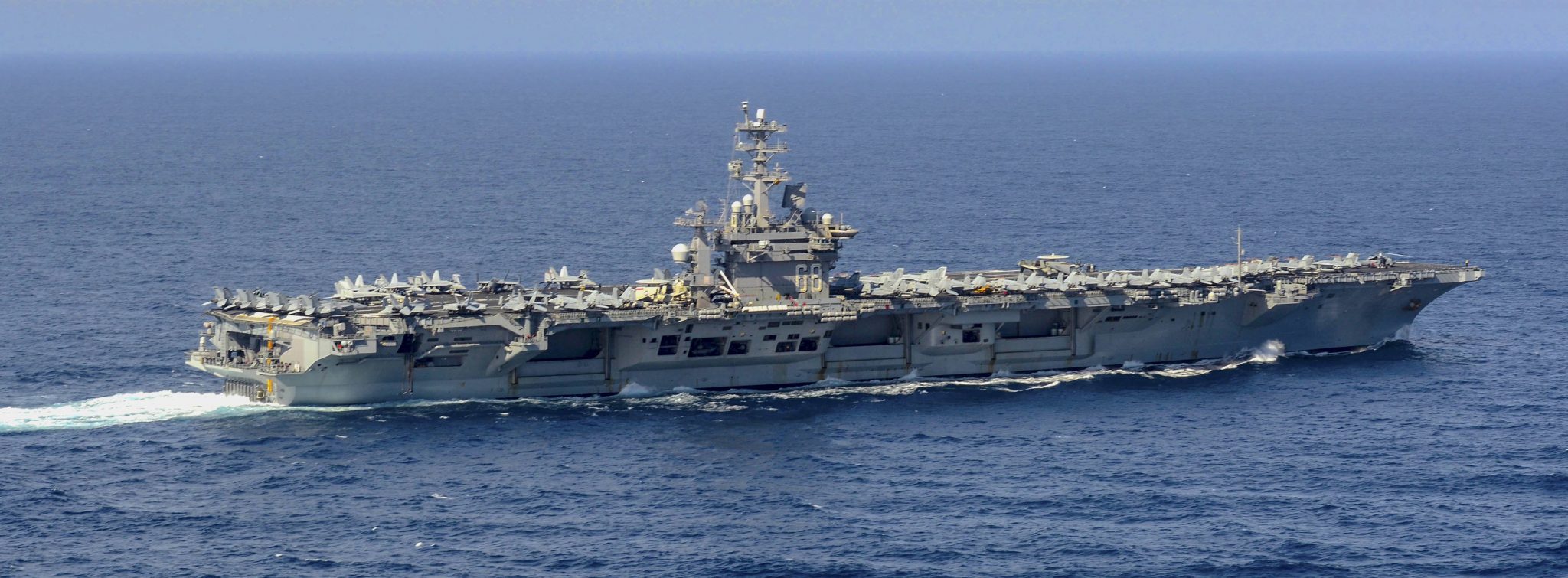
UN: ‘wicked’ human trafficking for cyber-scam ops explodes
The UN Office of the High Commissioner for Human Rights (OHCHR) released a report warning that the rapid expansion of cyber-fraud compounds in Southeast Asia has resulted in widespread human rights abuses. At least 300,000 people originating from 66 countries are currently forced to work in these operations, primarily in Burma and Cambodia. The OHCHR described the phenomenon as a “wicked problem” requiring coordinated, human rights-based responses rather than enforcement-only crackdowns. Yet national government have responded with air-strikes on the compounds, endangering the exploited workers being held at the facilities. (Image: OHCHR)





